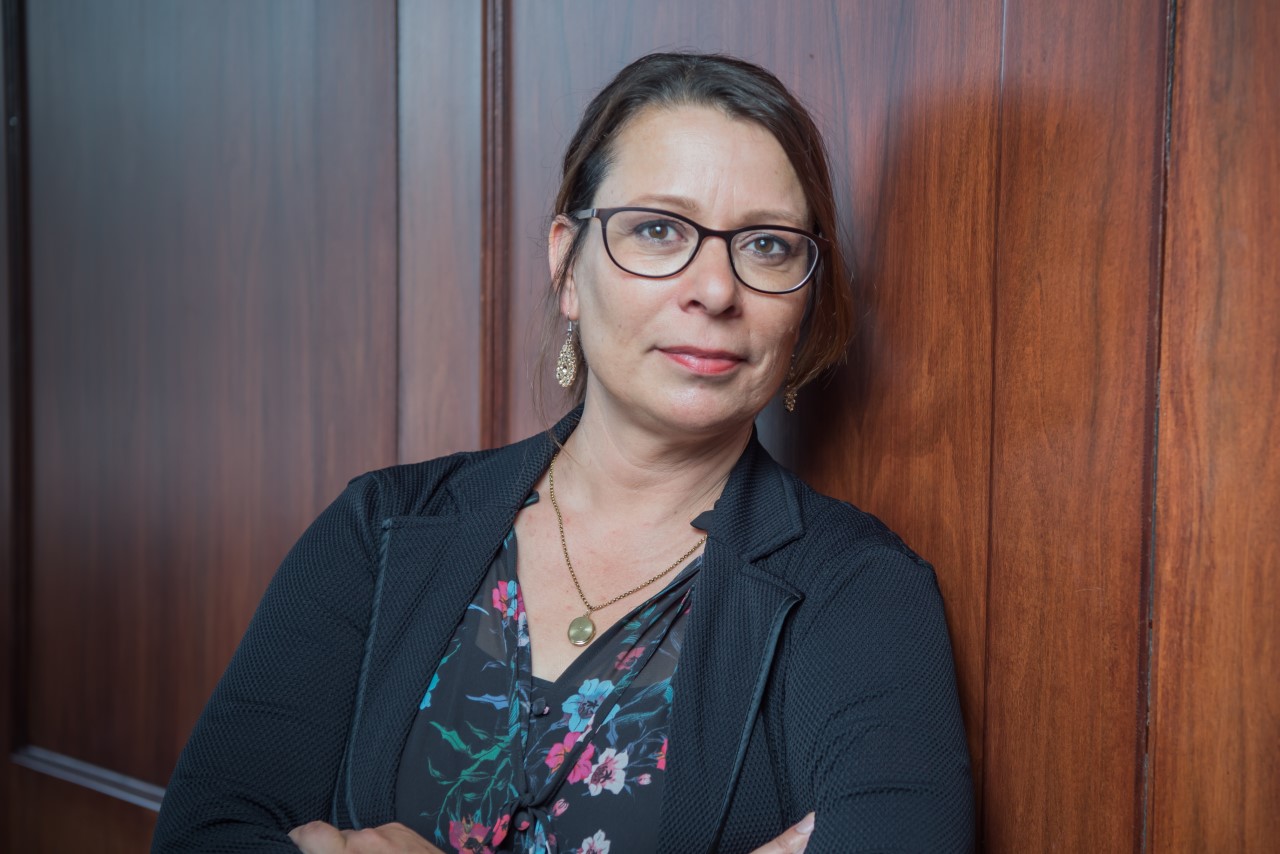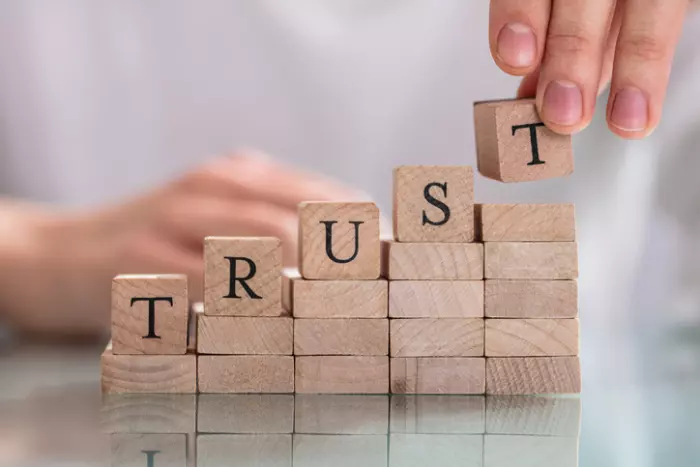It wasn’t exactly a red-letter day for the Automobile Association last month when it acknowledged that hackers had hoovered up the names, contact details and expired credit-card numbers of hundreds of thousands of customers who used a now-mothballed website of its travel insurance and accommodation booking arm, AA Traveller, between 2003 and 2018.
Coincidentally, the AA’s apology was reported the same week that Consumer NZ launched a petition campaign slamming the country’s supermarkets for excessive profits, a sentiment that Consumer’s polling suggests most Kiwis share, in addition to scepticism about those ubiquitous “specials”.
The common theme of the two stories? Trust – or rather, how the fragile fabric of consumer trust can be pierced by a one-off incident or stretched thin by years of perceived corporate cynicism. We won’t even get started on the banks.
“Nothing is as fast as the speed of trust,” wrote the late American author and management “guru” Stephen Covey, getting to the nub of how easily a business can lose the room. But it’s not only business: trust is in freefall everywhere. The Acumen Edelman Trust Barometer, a long-running annual global trust survey, describes a “vicious cycle of distrust”, with faith in government and, yes, the media eroding fast. (Last year’s Trust in News in New Zealand survey confirmed the sentiment in this country, with general trust in news down from 53% to 48%.)
Funny thing, though: business emerges from the latest survey as one of the few exceptions to the slump in trust. Business is the most trusted institution – 61%, versus 52% for government – and increasingly people expect it to lead on big issues. (Perceptions of competency are likely a factor, amplified by some governments’ cack-handed pandemic response.)
None of which negates Covey’s point. Trust is an increasingly rare commodity, and easily lost. But if a business can build trust and not blow it, it can be a powerful thing. Edelman’s 2020 survey found trust to be the second-most-important factor in consumer buying decisions, lagging only affordability; the previous year it ranked fifth. There’s also research suggesting that high-trust companies have better engaged employees, less churn and greater productivity.
Ryman Healthcare is an eight-time winner of the Reader’s Digest “Most Trusted Brand” accolade in the aged care and retirement industry category. However debateable the awards methodology – 1700 people were polled in 2022 over 71 categories – it’s fair to suggest that Ryman’s ongoing prominence reflects more than brand familiarity, and that positive consumer experiences over many years have embedded the company’s reputation as a trustworthy operator.
What’s that reputation worth? “It’s huge. Our residents are trusting us with their investment, and ultimately with their care,” says Ryman Healthcare corporate affairs manager David King, who attributes the sentiment in large part to a corporate culture that puts residents’ wellbeing first. The response to the pandemic, for instance. “We took a super-conservative approach. We were the first to do saliva testing, and we introduced vaccine mandates for our staff before the government and the industry.”
Consistency and authenticity are reliable fertilisers for trust. On the flipside, consumers don’t forget when companies appear to wander from the true path. Witness the case of Cadbury. Once a regular winner of the Most Trusted Brand award, it fell from grace in 2010 after briefly replacing cocoa butter with palm oil and has rarely been sighted since.
Increasingly, truthworthiness also seems to require being seen to have a sense of purpose. It’s not enough to sell a great product backed by unwaveringly excellent service: businesses need to do good in the world. The 2020 Edelman survey found that competence accounted for only a quarter of trust, while ethical drivers such as integrity, dependability and purpose were responsible for all the rest.
King says Ryman’s support of charities and community organisations is highly valued by investors. “Live up to your social licence and be a great corporate citizen and they’ll invest in you,” he says, adding: “The Sharesies generation are really interested in this stuff as well. They look at their investments and want to know that you’re good people.”
Trust is an outcome of ethics plus time plus consistency. “You trust people and organisations much more if they have a long-term ethical and sustainable vision,” says Professor Karin Lasthuizen, who holds the Brian Picot chair in ethical leadership /aritahi at Te Herenga Waka/Victoria University of Wellington. She pauses before adding the clincher: “And they live up to it.”
Being caught practising something other than what you preach is a sure-fire trust killer. But it goes beyond hypocrisy; businesses that dine out on how ethical and sustainable they are risk their reputations if they can’t back it up. Better to fly under the radar than be indicted for greenwashing.
 Professor Karin Lasthuizen. Photo: supplied.
Professor Karin Lasthuizen. Photo: supplied.
James Bushell is the founder of Wellington-based Motif, an investment and business advisory agency focused on supporting ethical and sustainable organisations. He’s also the co-author with Lasthuizen of the recently published book Humangood: A Field Guide to Ethical Leadership.
The growing expectation that businesses should be purpose-driven isn’t only coming from the outside, notes Bushell. “People recognise that this is how you build trust and build brand. But it’s important to have the framework to make sure it’s reinforced throughout an organisation … Without it, there’s huge risk of reputational damage.”
Conversely, an ethical and purposeful business that enjoys high levels of trust has a competitive advantage. Bushell uses an example close to home – Motif. “We wouldn’t have the same skilled workforce if we purely competed on a monetary basis,” he says, adding that trust has become “a key metric” for many businesses, including big corporates such as Toyota.
Of all the hazards to trust, data security is up near the top. Personal data is being shared more than ever – the pandemic is a factor, with a big rise in online shopping, as well as growing demands for personal health information – but we don’t have a lot of faith that it will be looked after. According to the Office of the Privacy Commissioner, three out of five New Zealanders are concerned about businesses sharing their personal information without permission.
Marcin Betkier is a lecturer at Victoria University's School of Law with an additional master’s degree in computer science, 15 years in the information and communications technology sector under his belt and a keen interest in data privacy. The good news, he says, is that “more and more companies are using privacy as a method of distinguishing themselves”. Less positively, consumers still can’t really be sure those businesses deserve their trust.
“It’s hard to distinguish between a company that says, ‘We treat you with respect and we care about your privacy’, and another business that says the same thing but actually does it,” says Betkier, adding that it’s crucial to be transparent. “Instead of assurances, the best idea is for a business to show that they are [abiding by] some kind of privacy and security standard – for example, ‘We are compliant with ISO standards.’”
Notwithstanding a revamped Privacy Act (2020) and talk of establishing a consumer data right, Betkier believes it will take further regulation to deliver real transparency and accountability, and he backs stronger global standards. If you unsubscribe from a service, for instance, you should be able to be confident that your data will be deleted, he says.
Meantime, companies that pay lip service to data security risk a critical loss of trust. “People are more and more privacy sensitive, because our economy is so reliant on data. This is the moment that a business should really think about it.”














